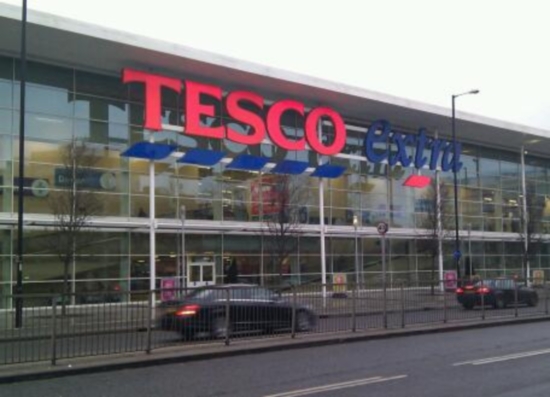Tesco’s annual profits have fallen for the first time in two decades, leading Britain’s number one supermarket to reconsider their international options. As a result, it has been decided that more energy will be devoted to the UK business by dropping American equivalent Fresh & Easy.

While statutory pre-tax profits saw a drop of 51 per cent to £1.96 billion, the real concern for management will have been the figures post-tax. Although the mammoth £1.2 billion cost of folding Fresh & Easy had been factored in to this total, a fall of 95.7 per cent to only £120 million is a catastrophic announcement from a chain battling to remain the dominant body in the groceries market.
According to chief executive Philip Clarke, the worrying results are due to the programme of improvements the chain has been implementing over the past twelve months or so. These changes included hiring thousands of additional staff members as well as upgrading the layout of Tesco stores around the country.
Mr Clarke says; “We feel Tesco in the UK can be better for customers – that’s what they want and that’s what we are beginning to deliver.
“The announcements made today are the natural consequences of the strategic changes we first began over a year ago and which conclude today.
“With profound and rapid change in the way customers live their lives our objective is to be the best multichannel retailer for customers.”
While Tesco remains a driving force in the UK supermarket industry, its success internationally has been rather less overwhelming – despite the fact it is currently the world’s third largest supermarket group. 199 Fresh & Easy stores opened in America during the chain’s venture yet after several years have proved unable to make a profit.
Tesco will also be ceasing operations in Japan, where stores have received a similarly lukewarm response, while taking “a more measured approach to our growth in China” is on the cards.
This seems like a wise move given Tesco’s traditional approach to monopolisation. In the UK, “Tesco towns” appeared thanks to the brand’s snappy constructions of the large Tesco Extra hypermarkets, with few areas of the country more than a few miles from a Tesco store of some form.
However, with a consumer base beginning to shift more to the online marketplace, this tactic has somewhat backfired – leading Tesco to announce that, as well as dropping out of the American market, its UK property portfolio will undergo a one-off write-down valued at £804 million. This decision was triggered by an internal review which earmarked more than 100 sites, purchased mainly during the property boom five years ago, which the group no longer wishes to develop.
With the American investment proving a total flop and a dramatic change in tactics required to bolster UK operations, perhaps the UK’s top supermarket has finally reached the point where becoming usurped by a rival brand is inevitable.
Previous Post
Crestpoint Acquires Further Canadian Assets
No related posts found for this post.